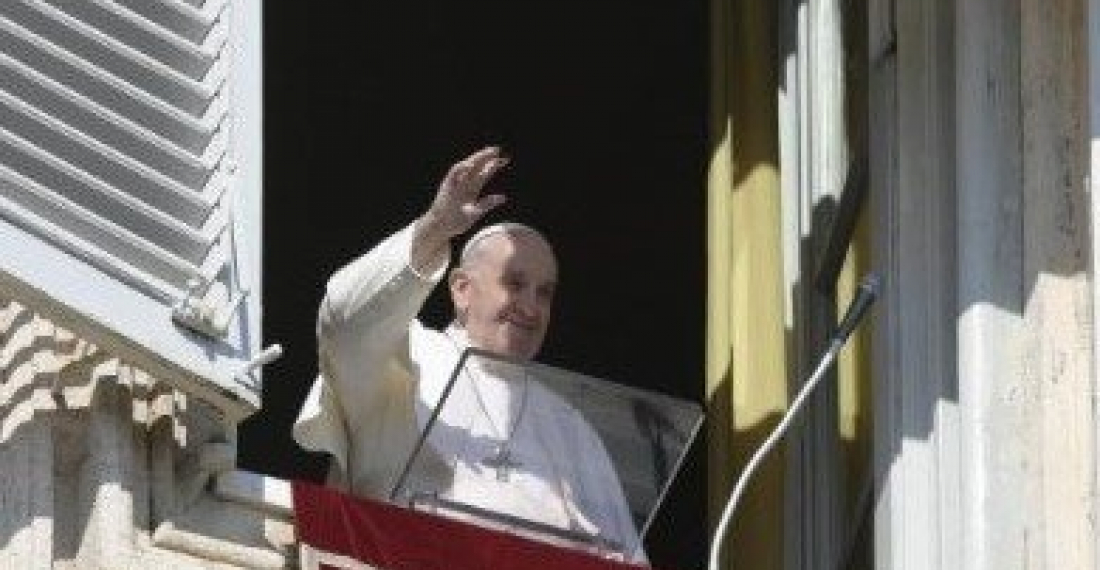- Armenia-Azerbaijan Strategic Expert Platform: Members emphasise the importance of the present moment for the South Caucasus and call for the momentum to be used for the long-term peace and prosperity of the region
- Thursday Interview: Dr. Anar Valiyev
- Food insecurity in Somalia has nearly doubled in the past year
- Türkiye evaluating potential measures in case of a US-Iran conflict
- European Parliament reaffirms support for Ukraine and EU Path
- EU moves ahead with Ukraine loan preparations despite Hungarian block

Pope Francis, the leader of the Roman Catholic Church, has issued a heartfelt appeal on Sunday for an end to the conflict between Armenia and Azerbaijan that, he said, is causing much death and suffering.
Speaking after the Angelus prayer in St. Peter's Square on the Solemnity of All Saints', the Pope said "during these feast days, let us not forget what is happening in Nagorno Karabakh, where armed clashes are interrupted intermittently by fragile truces."
He decried a "tragic increase in the number of victims, the destruction of homes, infrastructures and places of worship," and noted that civilians are increasingly under attack.
"I would like to renew my appeal to the warring parties that they may, as soon as possible, intervene to stop the bloodshed", the Pope said, urging them not to attempt to solve the controversy with violence, but "engaging in sincere negotiations with the help of the international community."
Pope Francis said he is close to all those who are suffering, and he invited them to pray to All Saints for a stable peace in the region.
source: commonspace.eu with Vatican Radio
photo: Pope Francis speaking at the Vatican on 1 November 2020 (pictyure courtesy of Vatican Radio)








